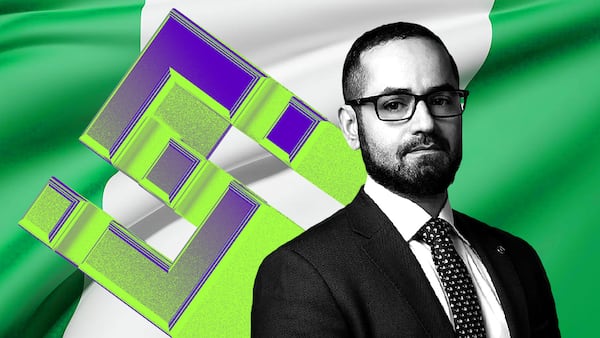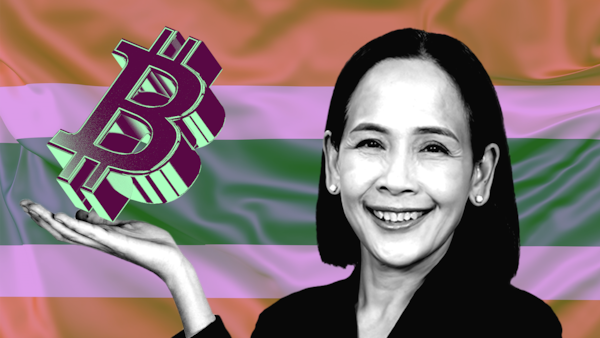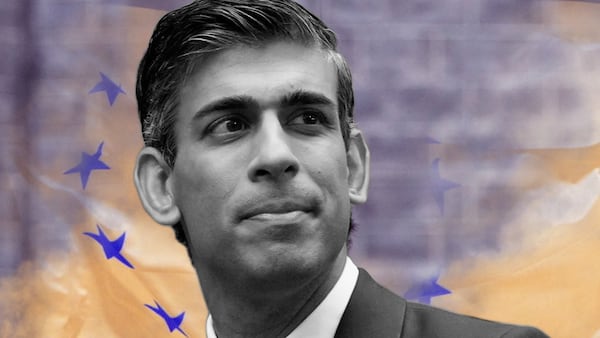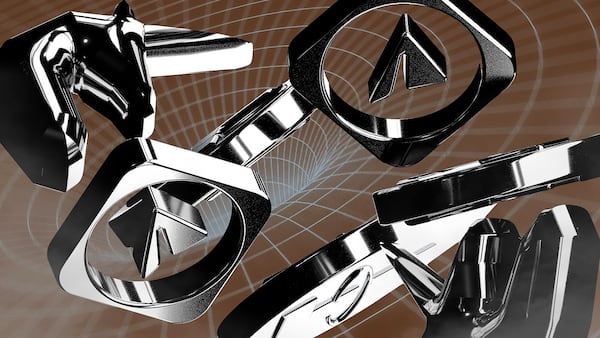- Worldcoin's giveaway token WLD tripled in value as volunteers flocked to its iris-scanning orb.
- Worldcoin is betting demand will soar for a global ID system in the AI era.
- Regulators are concerned the venture runs afoul of privacy laws.
In the last seven months, more than four million people from Berlin to Nairobi have queued up to have their eyes scanned by a metallic orb.
In return, Worldcoin, the startup co-founded by OpenAi’s Sam Altman, has given the volunteers cryptocurrency tokens called WLD.
In the past month, the token’s value has more than tripled, spurring even more people to line up for the scans and pocket about 75 WLD tokens, which is worth more than $700.
Now, authorities around the world are demanding answers as Worldcoin’s popularity raises questions about privacy and the protection of personal data.
Worldcoin under scrutiny
Regulators from Germany to Kenya have already investigated Worldcoin, and a host of jurisdictions, including France, the UK, and Hong Kong, are also scrutinising the firm.
That’s a lot of heat for any crypto project.
And while Worldcoin’s short-term future appears to be up in the air, its ambitions are clear: to build a global system to separate actual human beings from artificial intelligence-driven programmes, chatbots, and other machine-generated online users.
This is an intriguing proposition in a time when AI is generating wealth and anxiety.
But how does Worldcoin work? And what does it do with all those eyeball scans?
The orb
It all starts with the orb.
The device, which is about the size of a basketball, takes a photograph of your eyeball and, more precisely, your iris. Similar to a fingerprint, the iris possesses unique traits.
After the scan, Worldcoin provides a World ID in their app to serve as a kind of digital passport establishing your humanness.
The venture then destroys your personal information unless you consent to letting them keep it.
The World App doubles as your digital passport holder and crypto wallet.
Proof of personhood
The idea is that this ID will be in high demand as commercial and government institutions increasingly require proof of personhood in an era teeming with artificial entities on the internet.
“Iris recognition has legendary resistance to false matches,” wrote Cambridge professor of computer vision and pattern recognition John Daugman in 2015. Several years later, he wrote that iris patterns would “suffice for global identity uniqueness.”
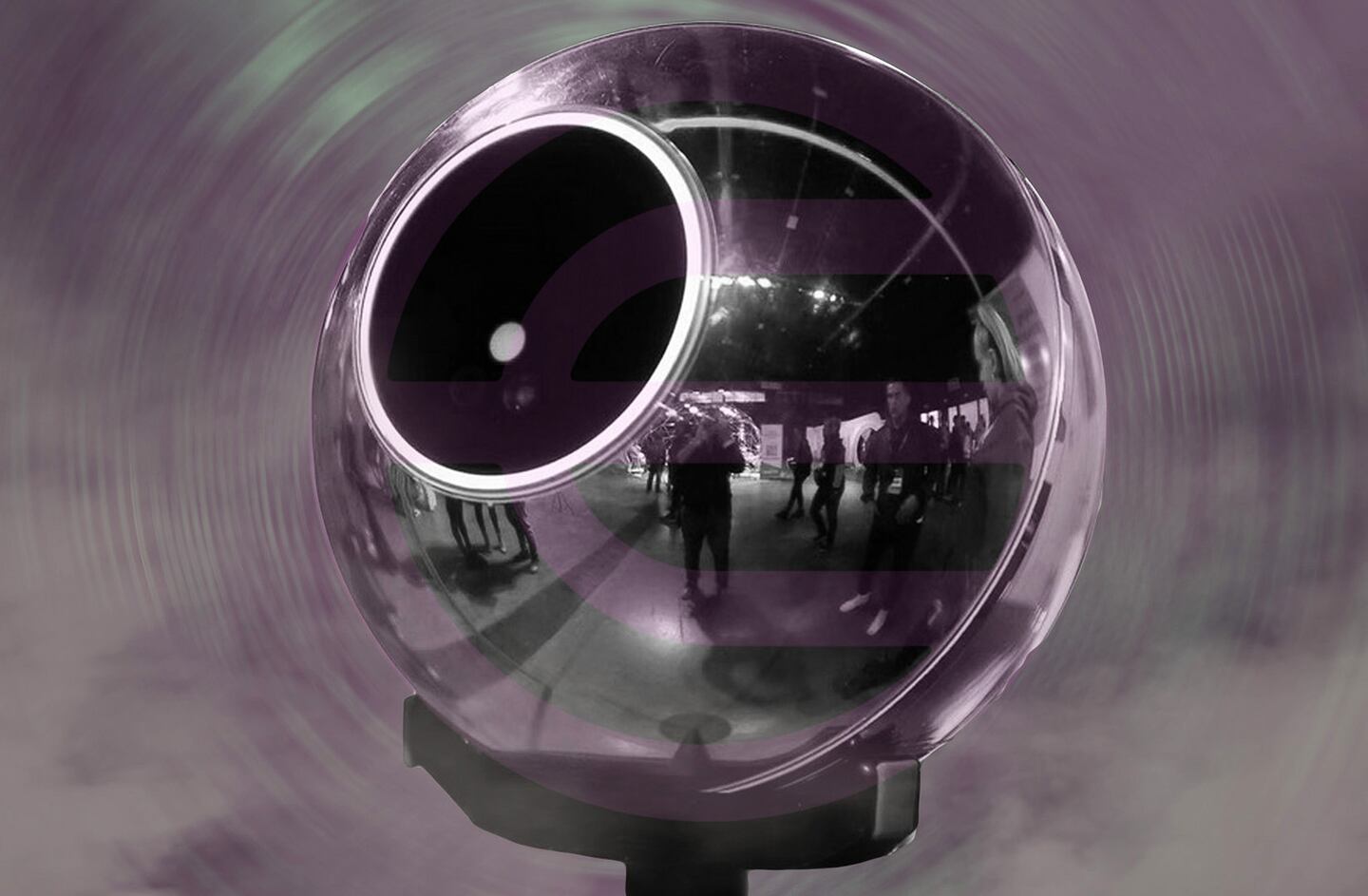
Biometrics, of course, have long been used by banks, governments, and other institutions to establish identification for customers and citizens.
Worldcoin hopes that those institutions will recognise its code as a valid form of identification for millions of users.
“Everything in artificial intelligence is just going faster and faster,” Tiago Sada, head of product at Tools for Humanity, told DL News. “There’s sort of two waves coming together and then pushing the project forward.”
Origins of the orb
Worldcoin sprang out of an outfit called Tools for Humanity, which was co-founded by Sam Altman and Alex Blania in 2019.
While Altman concentrates on OpenAI, the headline-grabbing venture backed by Microsoft, Blania is the CEO of Tools for Humanity.
From the get-go, Worldcoin drew investment from the upper echelon of Silicon Valley.
In 2021, Worldcoin raised $25 million from a16z, the powerhouse venture capital firm co-founded by Marc Andreessen and Ben Horowitz.
LinkedIn co-founder Reid Hoffman also invested (as did Sam Bankman-Fried before his crypto exchange, FTX, crashed, and he was convicted of fraud.)
Worldcoin went on to raise another $215 million over the next couple of years. The protocol was officially launched last year, and Tools for Humanity is now one of several contributors to the project’s development.
It didn’t take long for authorities to grow concerned about how the project was using biometric data.
This month, Spain banned Worldcoin from operating in the country for up to three months, citing privacy concerns.
Tools for Humanity appealed the move and filed a lawsuit against Spain’s data protection agency. In March 2024, Spain’s High Court dismissed the appeal and upheld the ban.
It’s unclear how Worldcoin plans to address other regulatory actions around the world. Worldcoin declined to comment on that point.
Elsewhere in Europe, the Bavarian State Office for Data Protection Supervision has been investigating the project, as well as authorities in the United Kingdom and France.
In December, the project stopped its orb services in France as well as operations in India and Brazil after a temporary “preview” of the project in these countries.
User data
These investigations revolve primarily around how Worldcoin is handling user data, a common concern in the tech industry.
In 2022, for instance, the Irish Data Protection Commission fined Instagram more than $400 million for breaching Europe’s GPDR law.
Implemented in 2018, the General Data Protection Regulation is Europe’s sweeping data protection rulebook, dictating exactly what and how much user information companies can extract.
It has continued to trip up Big Tech since its implementation. In May 2023, the Irish Commission penalised Facebook for $1.3 billion for a different GDPR violation.
Worldcoin says it complies with GDPR.
Worldcoin booming
In the meantime, Worldcoin’s World App, which operates as a crypto wallet and houses the World ID, is also booming.
As the token prices rise, including WLD tokens, queues of people around the world may continue to grow, too.
Liam Kelly is DL News’ Berlin correspondent. Contact him at liam@dlnews.com.

